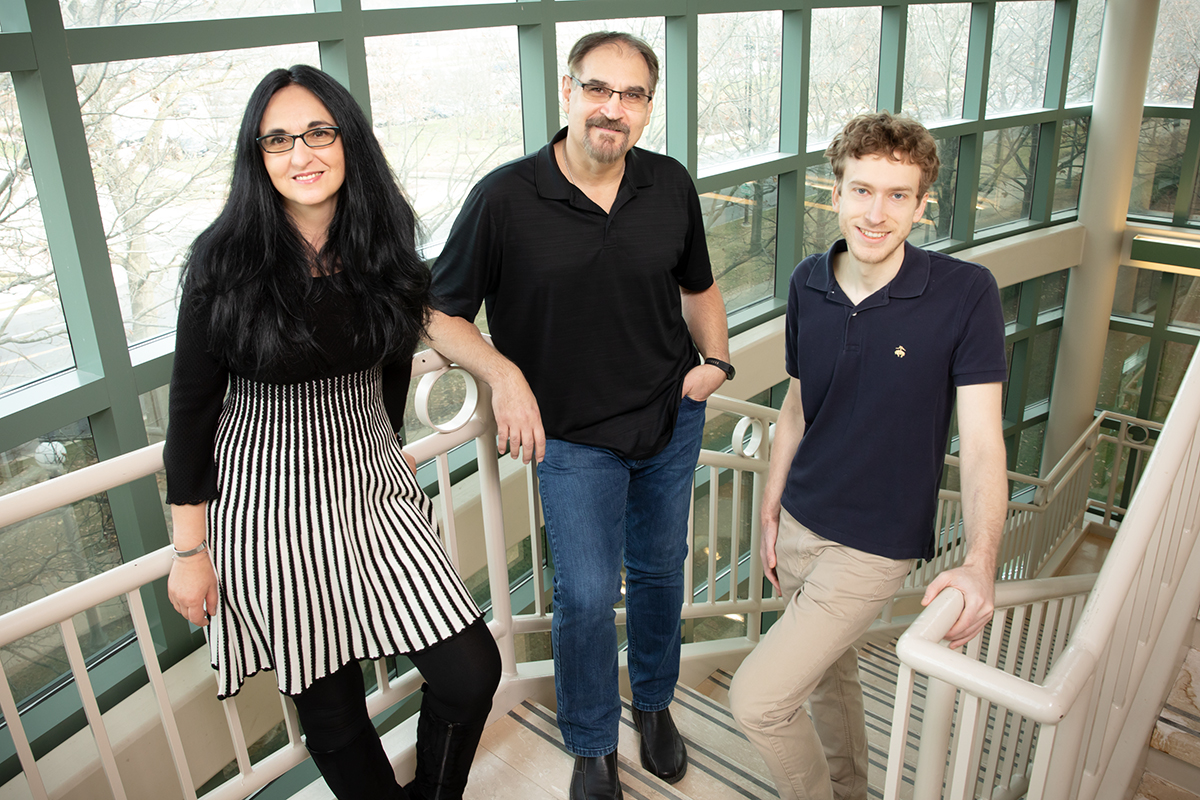Air Pollution Linked to More Signs of Alzheimer’s in Brain
American Academy of Neurology (AAN)People with higher exposure to traffic-related air pollution were more likely to have high amounts of amyloid plaques in their brains associated with Alzheimer’s disease after death, according to a study published in the February 21, 2024, online issue of Neurology®, the medical journal of the American Academy of Neurology.
































